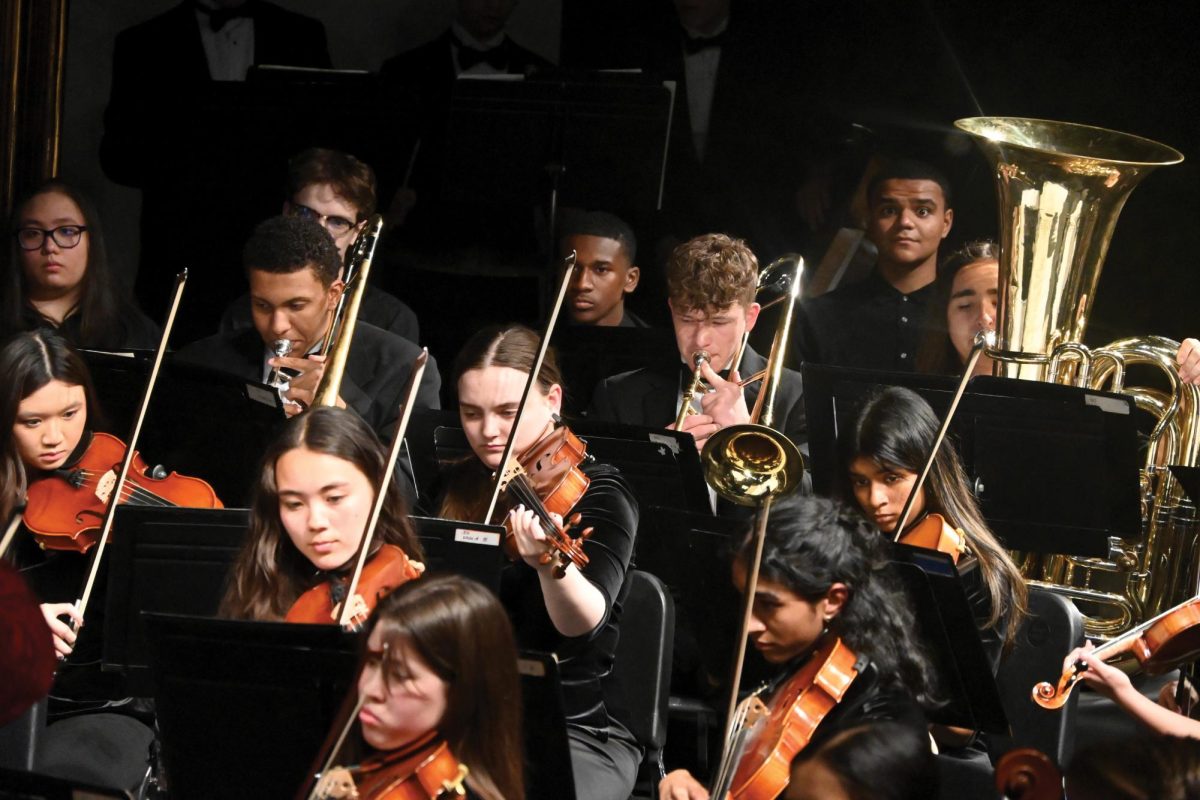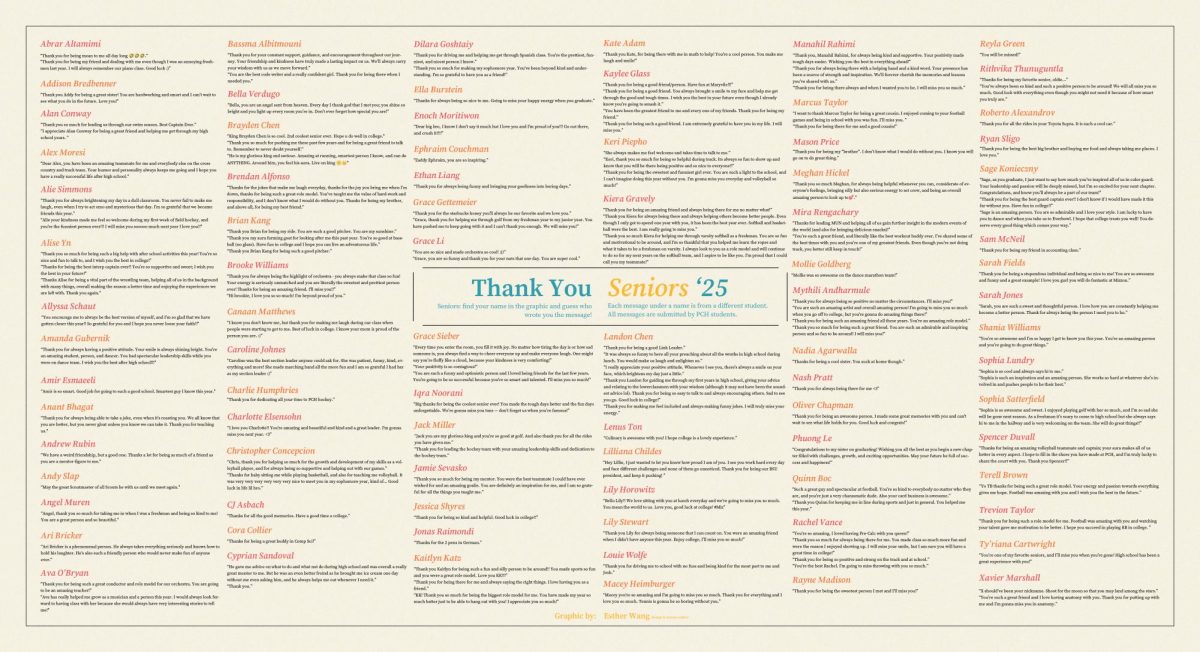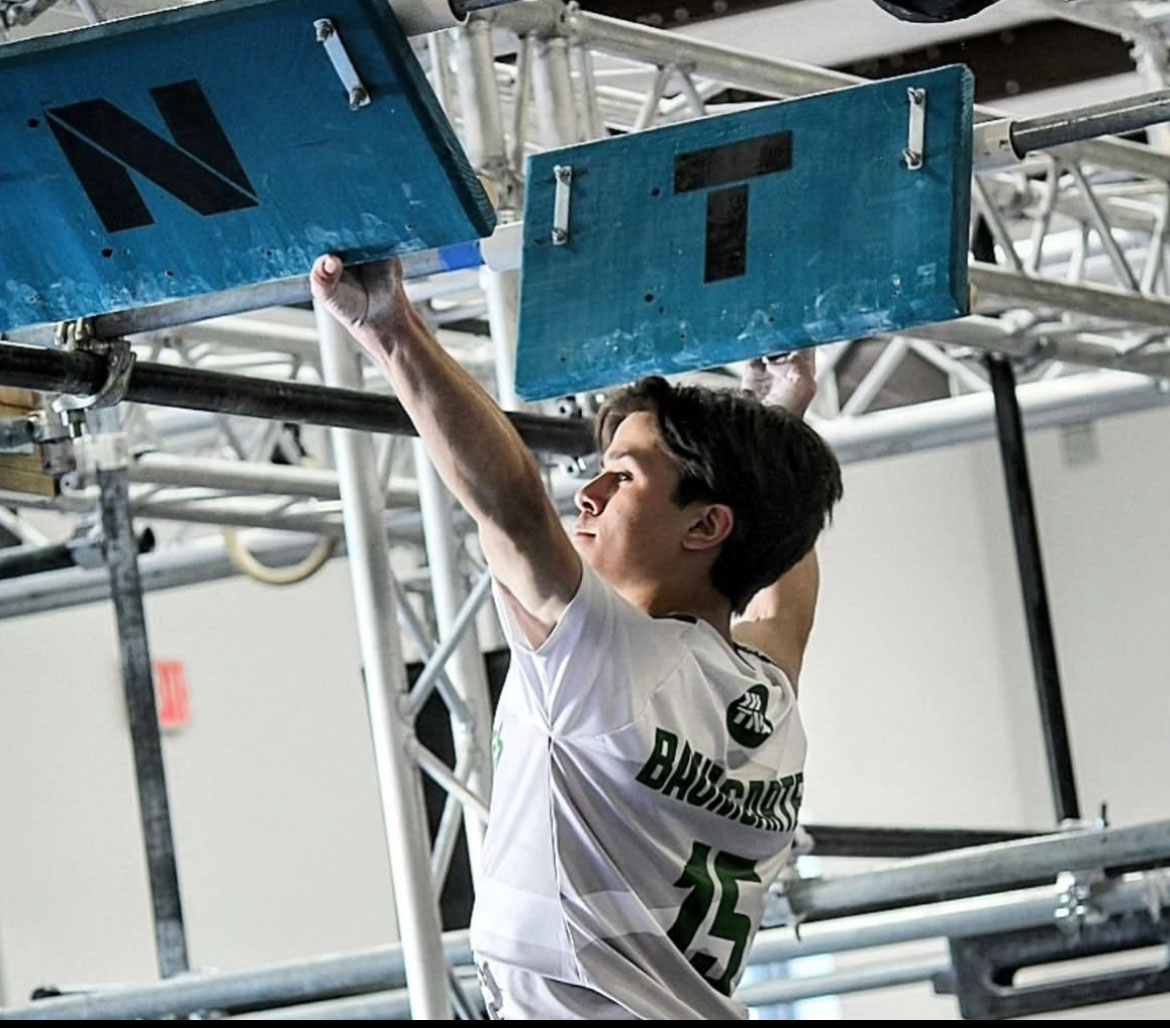Typically, in order to be an outstanding athlete who plays at a high level should have a diet that consists of nothing but healthy foods. Yet, multiple athletes from differing sports report their unhealthy diets but still perform at their highest efforts.
With sports that consider food, weight, and the athletes diets, such as wrestling, can really affect an athletes body and mind. Sophomore wrestler Tyler Harper has a very unique diet tailored to fit his needs for his sport. For wrestling you have to be in a specific weight class and it tends to be very difficult to maintain that weight or achieve the weight you’re looking for. Harper details that he has to work harder than some to achieve his desired weight.
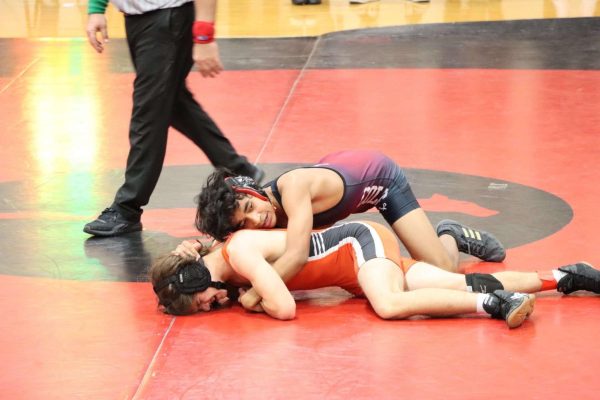
“Usually, I am underweight, so although it seems to be a bad habit I eat whatever I want to gain the weight I need for wrestling. Yet some wrestlers have to cut or rearrange their diet to fit their weight class, which is an ongoing struggle for the athletes in this sport,” Harper said.
It is known that wrestling can either dimmer or put negativity on one’s weight. In which Harper doesn’t struggle with that as much as others, yet keeping his energy up and staying focused for a match is what he struggles with.
“When I disregard my diet and eat poorly before a match, I quickly lose energy and get tired pretty fast. Meaning I’m not able to finish the match at my highest efforts,” Harper said.
Although other sports don’t put as much pressure on weight as wrestling does, there is pressure on the athlete’s diet and playing level. Junior baseball player, James Huff, notices when other athletes don’t eat or train as well as they should.
“If you train outside of school it affects your skill level drastically you can easily tell who works out and who doesn’t or who hits outside of school and works on their craft,” Huff said.
Huff has learned from early on that not eating well affects your performance. He achieved his success by learning from others.

“My dad and my trainer have taught me very well from an early age to condition and eat correctly. They taught me that eating good is one of the key components in playing good,” Huff said.
Another competitive sport that requires a healthy athlete is soccer. Sophomore varsity girls soccer player Mya Hoff struggles with the effects of eating poorly before and after her soccer games.
“I struggle with eating healthy foods and it definitely affects me, maybe not necessarily my performance but definitely how I feel after a game or practice. I always feel terrible and not as if I want to play again the next day,” Hoff said.
Not only do athletes struggle with eating the right foods, but they also struggle with drinks such as energy drinks. Hoff included, struggles with drinking energy drinks due to their convenience.
“I find energy drinks to honestly help my athletic performance because they provide my energy for me. I understand how they can be bad for me, but when they are that easy to get and immediately feel ready to perform it’s hard to stay away,” Hoff said.
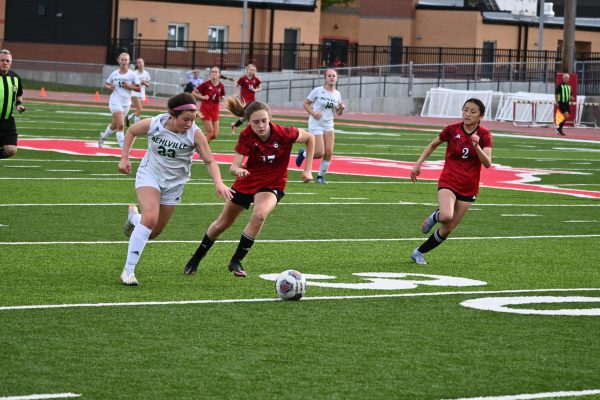
Being all varsity athletes, they have learned how to play at a higher level as they continue to adjust their diets and training for their sport.
“It’s heavily emphasized that in order to play good we have to eat good, and that’s something I think every athlete should know,” Hoff said.

